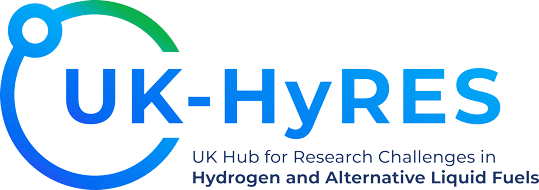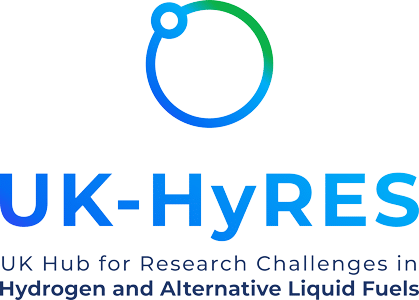A key outcome of Technical Theme research projects is to improve the economic value of technologies or parts of technologies by, for example, reducing the capital cost, improving the energy conversion or round-trip storage efficiency, increasing the lifetime or the durability, or adding flexibility to its operation. The economic theme is working with funded research projects and with the other cross-cutting themes to assess the economic opportunities from Hub research projects, considering existing and potential future markets for individual technologies and their system value in meeting future low-carbon technology needs. The systems analysis is being carried out in conjunction with the HI-ACT Hub. We have identified three initial projects.
Project PC1.1: Electrolyser costs and business cases for a range of configurations
This core project in 2024 is developing a business case model for electrolysers in a range of unusual configurations in the UK, including dedicated wind farms supplying industrial sites to avoid grid costs and nuclear co-production of electricity and hydrogen from solid-oxide electrolysers. System modelling will provide boundary data, and the insights will be used to improve our system models. The project lead is Prof Paul Dodds in the UCL Institute of Sustainable Resources.
Project PC1.2: Green ammonia synthesis as an alternative to the Haber-Bosch process
UK-HyRES is developing efficient catalysts for electrochemical synthesis of ammonia and other ALFs in area TT4. PC1.2 will attempt a technoeconomic analysis of this process and will compare it with the Haber-Bosch process using green hydrogen, so the potential competitiveness of direct synthesis and of developing new catalysts can be understood. The project lead is Prof Paul Dodds in the UCL Institute of Sustainable Resources.
Project PC1.3: Value of improved compression and purification technologies
Vehicles using PEM fuel cells require very high purity hydrogen and it must be highly compressed to maximise onboard storage. Compression and purification can have a substantial cost, even for hydrogen produced from electrolysers. PC1.3 will examine the system benefits of the development of improved compression and purification technologies. The project lead is Prof Paul Dodds in the UCL Institute of Sustainable Resources.

